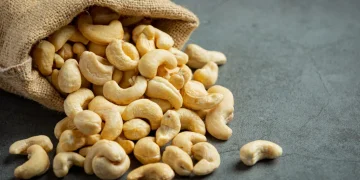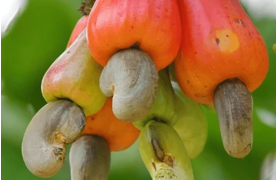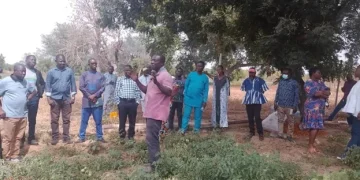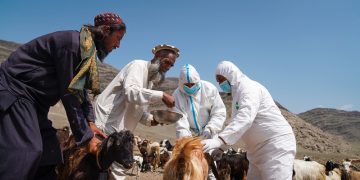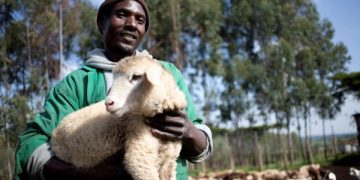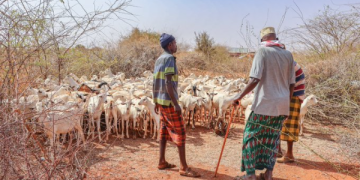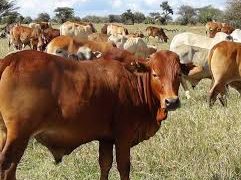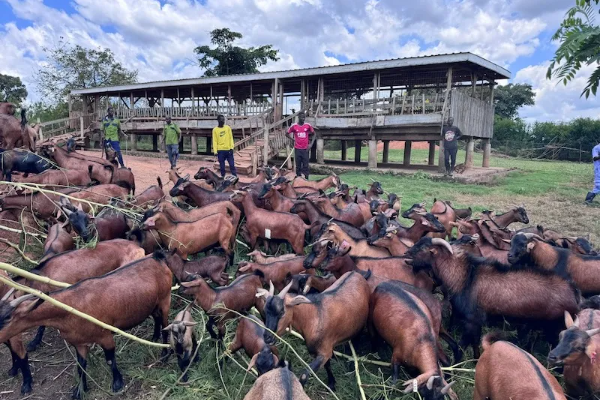The National Animal Genetic Resources Centre and Data Bank (NAGRC&DB) has unveiled a new goat breed, the Kasolwe Brown Goat, which experts say could position Uganda as a major exporter of goat genetics and meat in sub-Saharan Africa.
Developed through years of selective breeding at the Kasolwe Stock Farm in Kamuli District, the Kasolwe Brown was created entirely from indigenous genetics. A foundation herd of more than 500 goats now breeds “true to type,” consistently passing on superior traits.
According to Dr. Katali Benda, who leads the goat breeding programme, the breed is “a game-changer” because of its ability to thrive in diverse agro-ecological zones, reproduce prolifically, and empower farmers through improved incomes.
Farmer experiences
Farmers already working with the breed report striking results. The Kasolwe Brown grows quickly, with weight gains of up to 127 grams per day. Mature females weigh up to 65 kilograms and males up to 75 kilograms—well above most indigenous breeds.
Just as importantly, the goats are hardy. They resist common diseases such as Haemonchosis and Heart Water, while their shiny brown coat and black mane help ward off parasites.
Mr. Tefula, a farmer in Kamuli, said the goats require minimal supplementation yet outgrow other breeds he has kept. Mrs. Kamaali from Buyende praised their high twinning ability, which has rapidly expanded her herd. Another farmer, Mutiibwa, highlighted reduced veterinary costs, citing the breed’s tolerance to local parasites and diseases.
Kidding advantage
The breed has also drawn praise for supporting multiple births. With large udders, females can nurse twins and even triplets without supplementary feeding. This boosts weaning rates and herd sizes in a short period.
Dr. Ssengoye Gordon, NAGRC’s Technical Manager of Production, noted that the Kasolwe Brown provides a homegrown alternative to crossbreeding with exotic goats, which often required costly feed and intensive care beyond the reach of smallholders. “This breed eliminates the need for imports while delivering superior productivity,” he said.
Proven superiority
Comparative studies by NAGRC&DB against Boer, Savannah, Kigezi, Mubende, and Kalahari breeds confirmed the Kasolwe Brown’s superiority in twinning, growth rate, adaptability, and disease resistance. Farmers in pilot areas say these advantages are evident, with faster-growing kids, larger herds, and fewer disease losses.
The breed’s success, however, has created new challenges. Male breeding stock is in such demand that NAGRC&DB has deployed armed guards to protect valuable bucks from theft. To expand supply, the organisation is partnering with Kasombereza Farm Solutions to form the Kasolwe Goat Breed Society, which will oversee multiplication and nationwide distribution.
The rollout is expected to align with government initiatives like the Parish Development Model and Emyooga, ensuring that smallholder farmers—the backbone of Uganda’s livestock sector—benefit most.
Expanding research and markets
NAGRC&DB Executive Director Dr. Peter Beine is confident in the breed’s potential. “With adequate support, Uganda can dominate the export of goat genetic resources in sub-Saharan Africa,” he said.
The Kasolwe Brown has already attracted international interest. Researchers from Makerere University and the University of Edinburgh’s Roslin Institute are studying its genetic adaptations and disease resistance, with plans to conserve these traits in gene banks for future generations.
Promise for smallholders
For rural households, the benefits are immediate. Goats provide income, meat, and milk, and a breed that combines productivity with resilience could be transformative. Farmers adopting the Kasolwe Brown stand to reduce dependence on costly exotic imports, increase meat and milk supplies, and tap into lucrative regional and international markets.
As Dr. Benda stressed, the Kasolwe Brown Goat is more than another livestock project—it is a homegrown solution tailored to Uganda’s realities. Its success will hinge on sustained breeding support, farmer training, and equitable distribution.
For now, enthusiasm among scientists and farmers suggests Uganda’s “super goat” is well on its way to reshaping the country’s livestock industry.
Source : Farmers Review Africa













